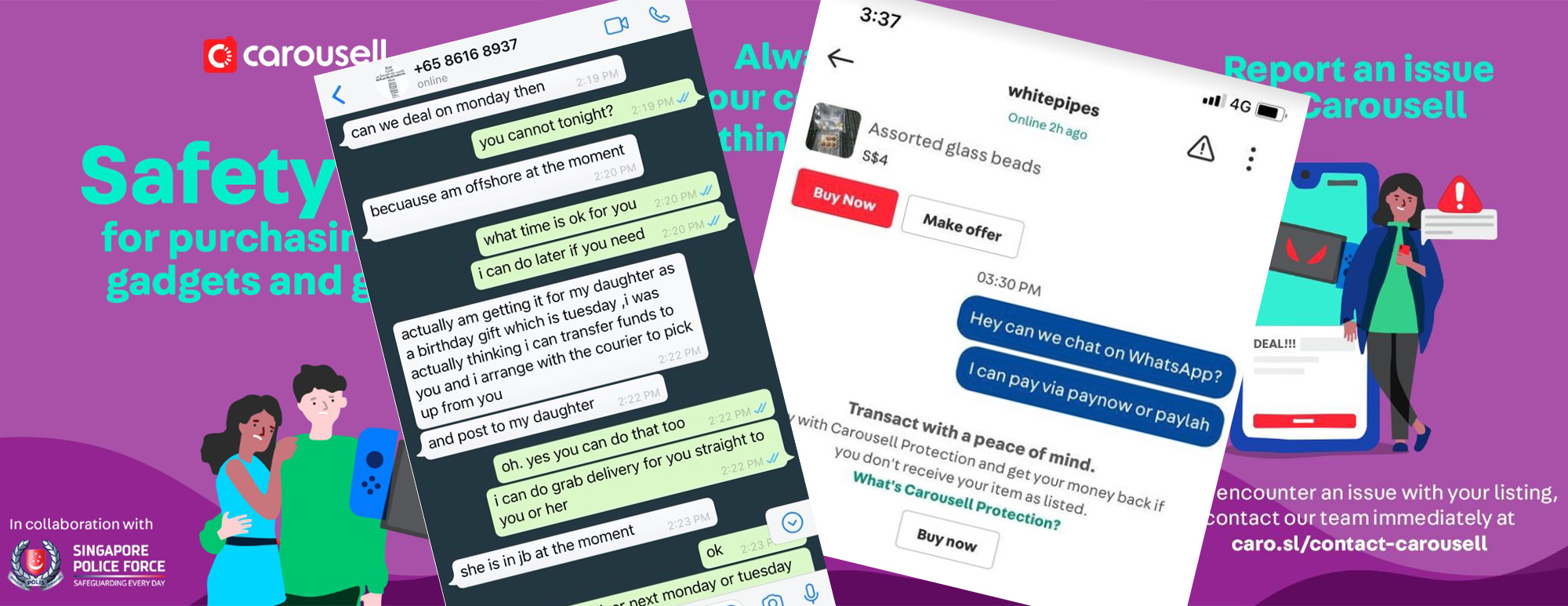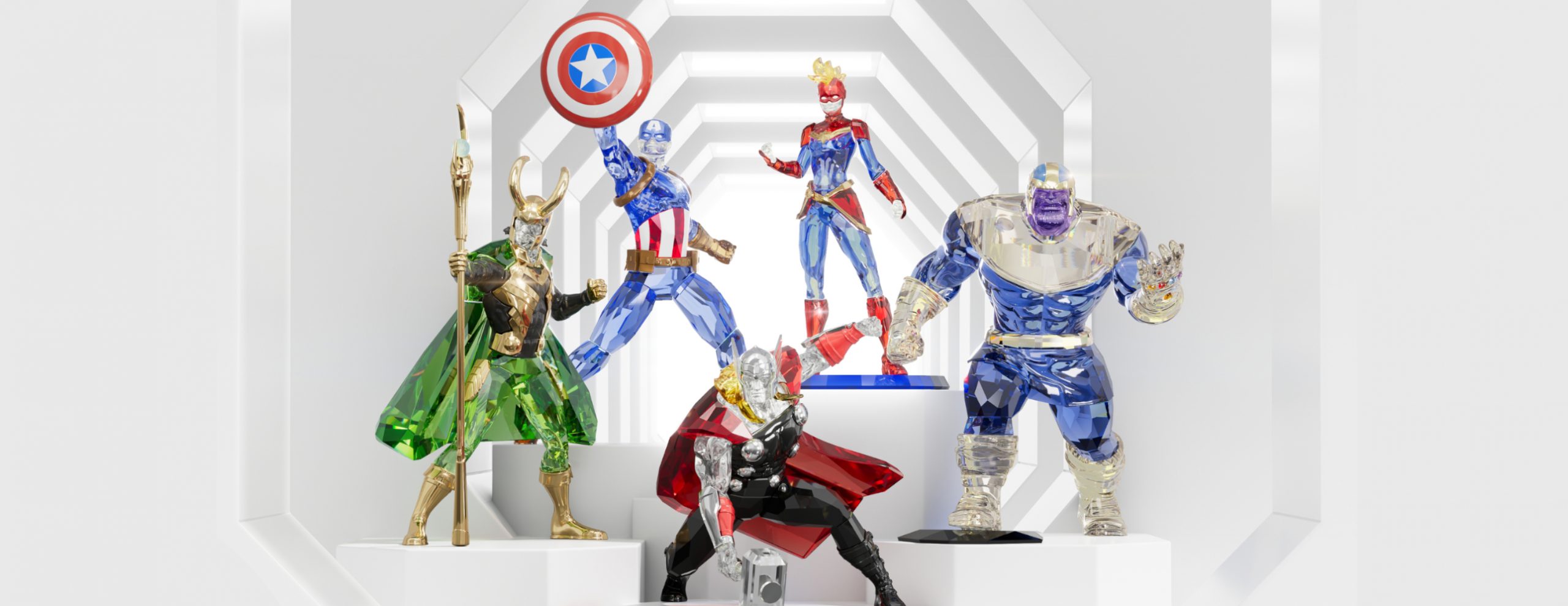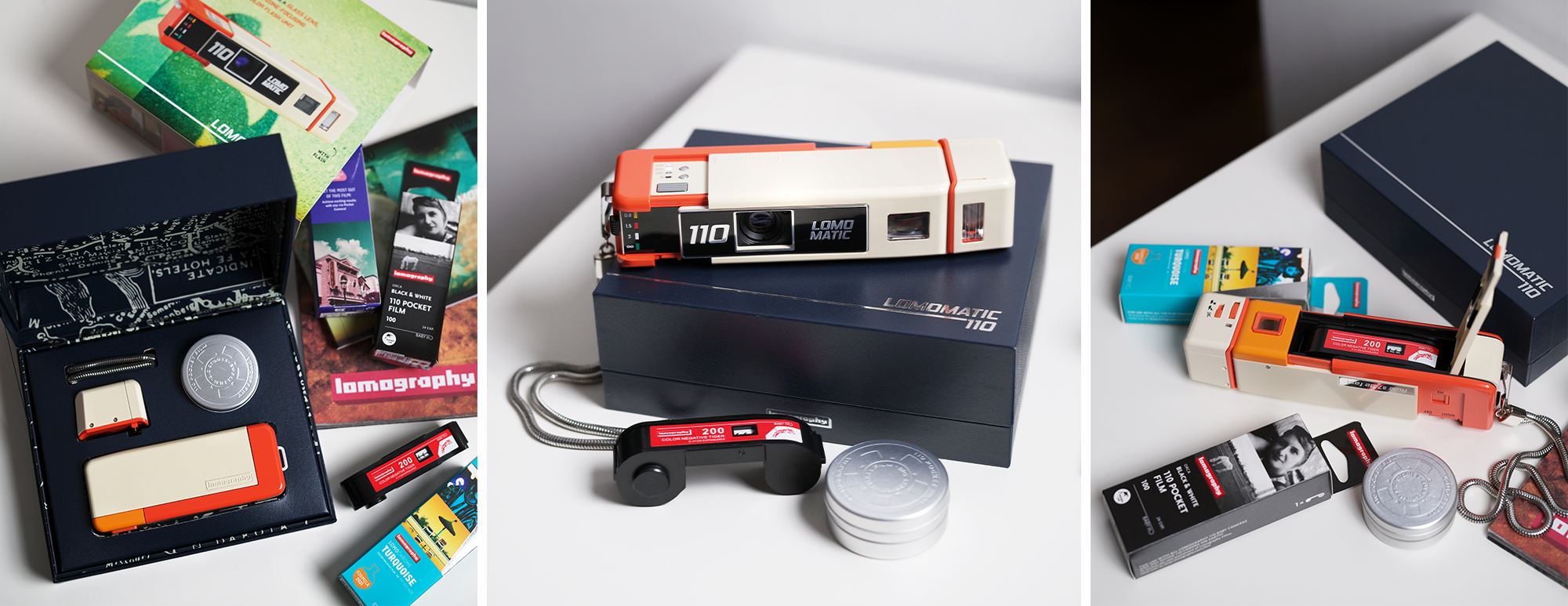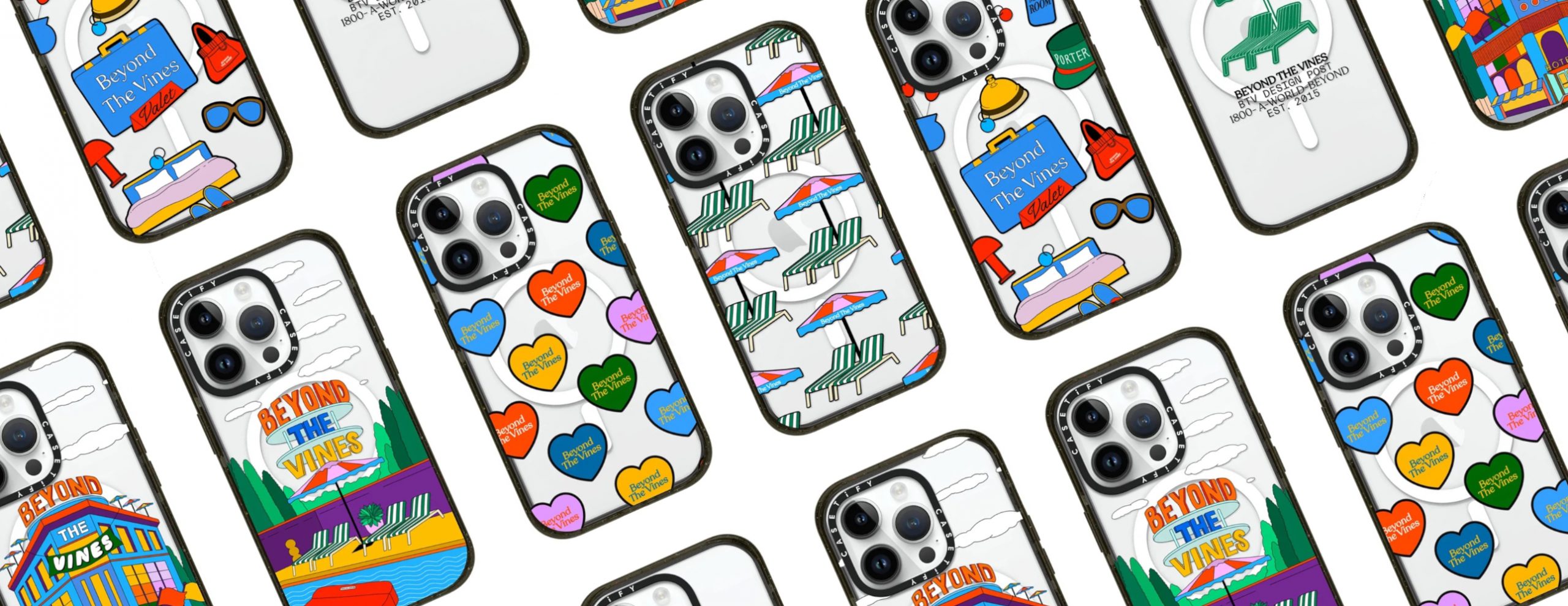It’s easy to think you won’t fall for a scam because you believe you’re “too smart” and that you’ve heard them all… but online scams are really just ramping up, and the scammers are getting bolder, smarter, and frighteningly, more patient. Many elaborate scams can take months of building your trust before you hand over money or things; and victims are more often than not embarrassed to speak up about their situation. And the scammer is banking on you to stay silent and behind the scenes (for example, silently filing a police report and not making matters known to friends and family. Basically not warning others about the same scam).
One of the most prominent open marketplaces in Singapore is Carousell. For sellers, typically, you would get your money first before handing over the item. For buyers, you would need more prudence in checking the seller’s feedback and credibility before forking over any money, because who knows if you’ll receive your item after you’ve paid.
The following is a true story that happened to a close friend. He was selling his MacBook Pro on Carousell and this is what happened.
The buyer, “danieltan992” starts with a straightforward conversation on Carousell asking about pricing and availability.

He then asks for the mobile number to take the conversation off Carousell and onto WhatsApp.






He then informs my friend that his daughter has received the computer, but is unhappy with it. And he starts to ask about getting one of the bags that are listed on my friend’s Carousell account. That’s when my friend got suspicious and refused to sell him anything else before receiving the money for the computer first. Then “Daniel” got aggressive and started saying “This is unbelievable!”.
The conversation ended there, Daniel did not pick up his phone or reply any more messages, and my friend obviously never got paid. A police report was made and the investigating officer assigned to the case called my friend within the day saying that a few reports have been made against this same telephone number.
My friend also reported the user to Carousell, who did an internal investigation and subsequently suspended that user’s account and any other associated accounts that previously used that telephone number.

Now how did my friend get scammed?
Firstly, since the global pandemic, he hasn’t been paid his salary and was desperate for money. Desperation tends to result in small details being overlooked, especially since he was anxious to sell his computer to get money. One detail he could have spotted was the misspellings in the screengrab given for payment:

Next, the profile picture used by the person on WhatsApp is an image of a cross and a Bible verse (John 3:16) inside it:

Any decent person would think that a scammer would not use faith or religion to gain trust, but this was a hard lesson to learn — scammers have no boundaries or conscience, and clearly don’t believe in karma.
My friend trusted this person because he had a believable story, and a trusting profile picture. He also provided a local phone number and a physical address, so one would imagine that if this were a scam, these are clear leads for the police to follow up on.
Here’s the FedEx invoice and the address in Malaysia that the computer was sent to. If you read this and live near that address, feel free to check out who stays there — they have my friend’s MacBook Pro. My friend has also reached out to FedEx for them to assist the police in their investigation (the scammer was the person who booked FedEx), but FedEx has not responded.

HOW TO SAFEGUARD YOURSELF ON CAROUSELL
Since this incident last month, I reached out to Carousell on ways users can safeguard themselves while using the platform. As an open marketplace, there will always be bad actors to tackle, so the user has to be diligent in making safe and informed decisions.
These are the steps that Carousell has in place to help users:
- Carousell advises that users should always flag scammers in the Carousell app, so they have sufficient evidence to suspend these accounts. When my friend got “ghosted” by danieltan992, he saw that Daniel was still active and “online” on Carousell, and likely scamming other users, which made him immediately report the entire incident to the platform. And Carousell’s speedy investigation led to the user being suspended.
- Keep the conversation within the Carousell app, as they have measures in place to detect fraudulent transactions.

- Opt for Carousell Protection. Carousell Protection was previously known as CarouPay, and is an escrow payment solution. It holds payment until a transaction is verified successful by both buyer and seller. In the event of an incomplete transaction, funds are held by Carousell until a resolution is met, and they can step in to help users get their money back. In categories that feature higher-value items (eg. electronics), Carousell Protection is enabled automatically and is compulsory.

- Carousell has also been working closely and directly with the Singapore Police Force to help detect fraudulent behaviour, and pushes out educational messages to its users when necessary. Here’s a post on safety tips for purchasing gadgets.

- Carousell has also recently limited one user to one account with tighter verification requirements. And to sell an item, it is necessary to register a local phone number with Carousell.
At the time of publishing this article, SPF has made their own reports to INTERPOL and the investigation is ongoing. If you have any information on the above story, you can get in contact with us directly at editorial@nylon.com.sg.











You must be logged in to post a comment.